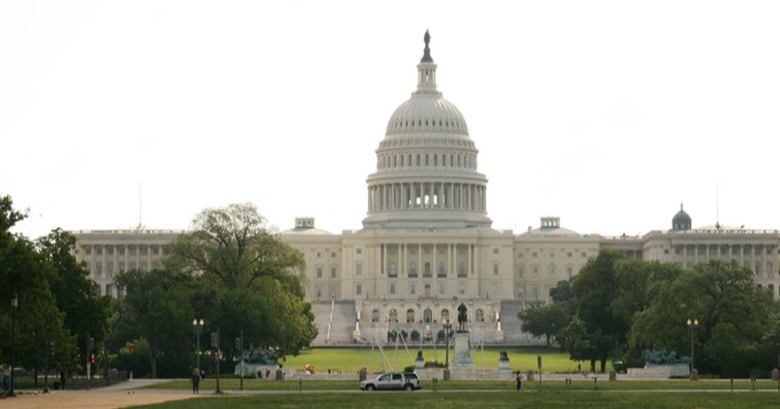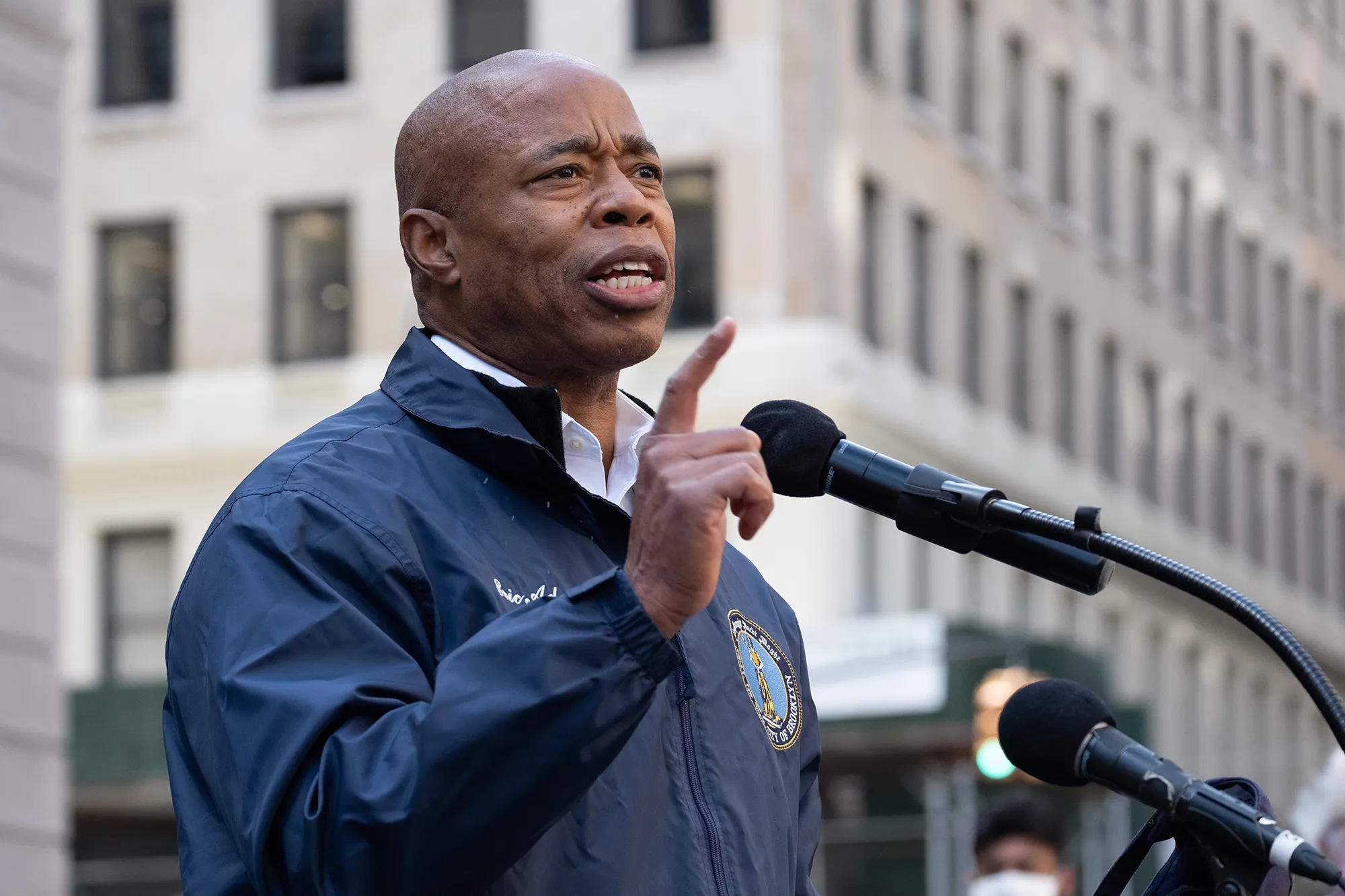As Election Day unfolded, Republicans were optimistic, securing majority control in the Senate. However, the exact margin of that majority remains uncertain, with some critical races still creating suspense—including Arizona’s Senate race, which has been marked by controversy and ongoing disputes.
Republican nominee Kari Lake, who ran a hard-fought campaign, has yet to concede the race, even after multiple media outlets, including the Associated Press, declared Democratic Rep. Ruben Gallego as the winner. Lake and her campaign point to alleged irregularities in ballot counting and claim that biases may have influenced the outcome.
On Monday, with nearly all ballots counted, news organizations called the Arizona Senate race in favor of Gallego. According to the Associated Press, approximately 95% of ballots had been tabulated, with Gallego leading Lake by over 70,000 votes. Remaining ballots, roughly 181,000 in number, largely originated from Democrat-leaning Maricopa and Pima counties, areas that historically trend toward Democratic candidates.
Analysts indicated that Lake would need to win at least 70% of these remaining ballots to have a realistic shot at overcoming Gallego’s 50-48% lead. However, based on the trends, Lake had only been capturing about 40% of the vote in these counties. As a result, decision desks, including Decision Desk HQ, projected Gallego as the winner, signaling that the vote count was unlikely to swing in Lake’s favor.
“Decision Desk HQ projects Ruben Gallego (D) wins the US Senate election in Arizona.” – @DecisionDeskHQ, November 10, 2024.
Despite the media’s projection of Gallego’s victory, the Lake campaign has been vocal about concerns regarding ballot counting irregularities, insisting that these issues warrant continued scrutiny. Over the weekend, Lake’s team urged supporters to “cure” their ballots—meaning they encouraged voters to correct any minor errors that might invalidate their mail-in or absentee ballots. The campaign’s appeal focused on potential gaps in counting, hoping for additional cured ballots to close the margin before the Sunday deadline.
Lake also highlighted what her team called inconsistencies in ballot counts from various counties. For instance, the reported number of uncounted ballots in Pima and Yuma counties increased unexpectedly late in the week, which Lake’s team found suspicious and potentially favorable to Gallego. This spike in uncounted ballots, along with other discrepancies in numbers reported by election officials, fueled concerns about the integrity of the process, according to Newsweek.
Another significant source of tension involves Maricopa County’s top elections official, Stephen Richer. Lake’s campaign alleged that Richer’s personal bias against Lake may have influenced the vote-counting process in Arizona’s largest county. Richer had previously made comments in a private 2023 message stating his desire to “make life hell” for Lake during the 2024 election. This statement was uncovered during a defamation lawsuit deposition earlier this year and has since been used by Lake’s team to question the impartiality of Maricopa County’s election oversight.
Despite the growing probability that Gallego will ultimately secure the Senate seat, Lake’s campaign has remained vocal, leveraging social media to underscore what they view as an unfairly uphill battle. Following the ballot-curing deadline, Lake posted a message of gratitude to supporters, thanking grassroots organizers for their dedication to ensuring all votes were counted. “Thank you to all of the grassroots patriots who worked so hard to ensure that every vote gets counted. I love you, Arizona,” Lake shared on X (formerly Twitter).
While she has not formally conceded, Lake’s team acknowledges the tough odds she faced, citing factors such as being outspent by a 4-to-1 margin, enduring overwhelmingly negative media coverage, and lacking full backing from key Republican groups. One campaign post remarked: “Outspent 4 to 1; Given 100% negative coverage by the propaganda press; Abandoned by Senate Leadership Fund; Explicitly targeted by the people tasked with counting your (and her) votes; Never stops fighting; You’re damn right we’re proud of @KariLake.”
Although Lake has not conceded, she is aware of the legal challenges her campaign might face if they pursue further action. Analysts suggest that any effort to challenge the results would require substantial evidence of irregularities and an ability to show these issues could have significantly impacted the outcome. Given that similar cases in recent years have generally not resulted in successful reversals, Lake’s path to challenging the outcome remains narrow.
With Arizona’s race reflecting broader national concerns about election transparency, Lake’s decision to delay a concession may inspire further debate on election integrity and oversight. Supporters argue that her refusal to concede underscores a commitment to investigating potential election mismanagement, while critics contend that it risks sowing distrust in the democratic process.
As of now, Kari Lake remains focused on questioning the ballot counts and processes, standing firm on her insistence that irregularities and biases against her campaign should be thoroughly examined. The official certification of Arizona’s election results could solidify Gallego’s win, though Lake’s persistence may keep the issue alive in the public conversation. Whether Lake ultimately concedes or moves forward with additional steps remains to be seen, but her stance is a reminder of the heated nature of American electoral politics and the scrutiny faced by both sides in a polarized landscape.

